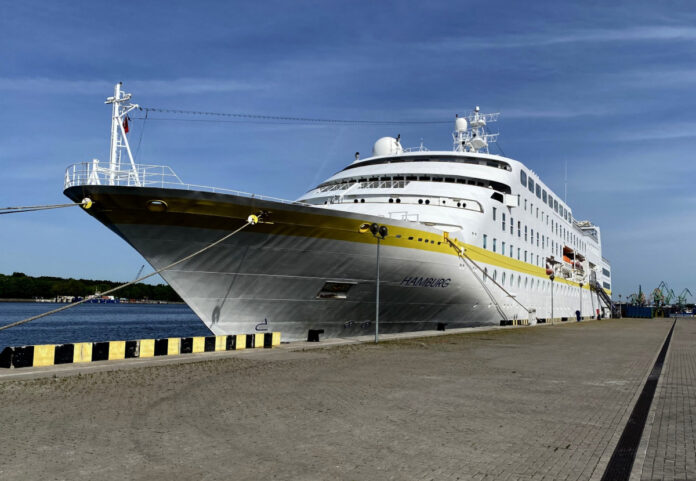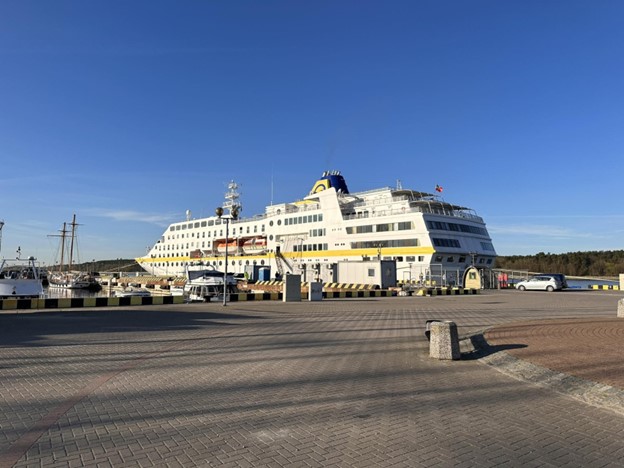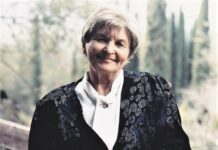
The MS Hamburg, a 420 passenger, luxury cruise ship operated by Plantours Kreuzfahrten and the first of 44 liners coming to Klaipėda this season, docked at its cruise terminal on April 21. The new mayor of Klaipėda, Arvydas Vaitkus, promises to make this port city a year round tourist attraction.
However, the Tourism and Culture Centre of Klaipėda foresees that 33% fewer cruise ships will arrive this year. This trend apparently holds true for all three Baltic countries, where tourism had not fully recovered from the COVID-19 pandemic, and tension is high due to the war in Ukraine. Last year the cruise season began on April 11 and continued to October 8, with 61 ships bringing almost 47,000 passengers.
 Cruise ship companies are bypassing the Baltic Sea this year due to the war in Ukraine, according to a representative of the Klaipėda Port. “Cruise companies’ profits were very low last year due to the ongoing war in Ukraine and high energy costs, which made cruises more expensive, and this is why some cruise companies are either not sending ships at all or are cutting their cruises”, according to Kristina Gontier, international relations Manager at the Klaipėda State Seaport Authority. Klaipėda has seen the smallest drop she said, while the northern Baltic ports of Tallinn, Helsinki and Stockholm have suffered the most with a threefold drop in ship visits this year.
Cruise ship companies are bypassing the Baltic Sea this year due to the war in Ukraine, according to a representative of the Klaipėda Port. “Cruise companies’ profits were very low last year due to the ongoing war in Ukraine and high energy costs, which made cruises more expensive, and this is why some cruise companies are either not sending ships at all or are cutting their cruises”, according to Kristina Gontier, international relations Manager at the Klaipėda State Seaport Authority. Klaipėda has seen the smallest drop she said, while the northern Baltic ports of Tallinn, Helsinki and Stockholm have suffered the most with a threefold drop in ship visits this year.
Romena Savickienė, director of the Klaipėda Tourism and Culture Information Centre, said fewer ships were coming to Klaipėda due to the removal of the Russian port of Saint Petersburg from the route because of the war. “Saint Petersburg has always been the jewel in the crown of Baltic cruising. [Companies] are changing their routes and looking into all sorts of options, all sorts of ports, and perhaps we are not always on that list”, Savickienė said.
The Baltic ports are changing their tourism strategy to exclude Saint Petersburg, Gontier said. Klaipėda expects more passengers this year as the occupancy rate has doubled to 80%.





























